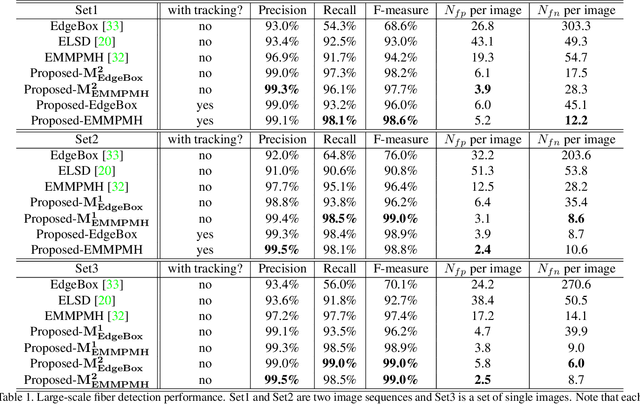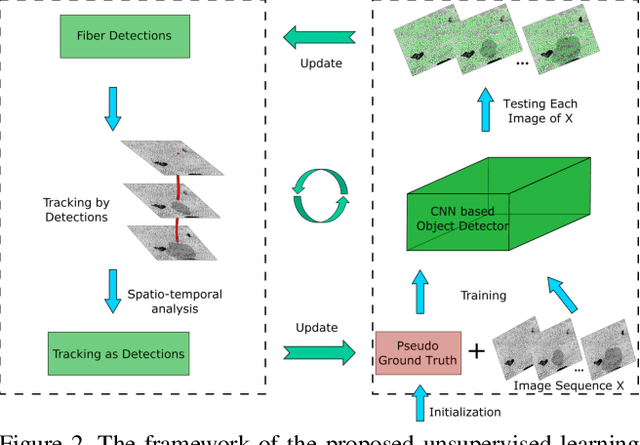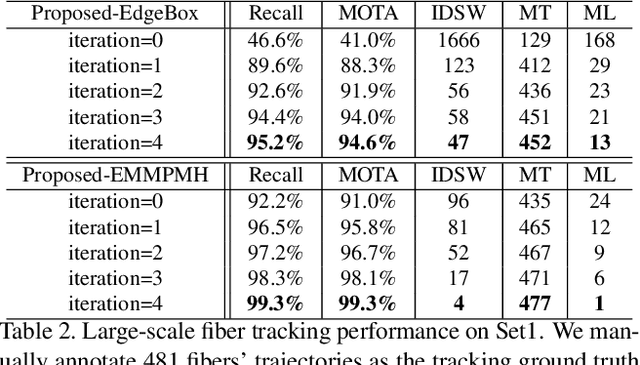Jeff Simmons
Leveraging Multimodal Diffusion Models to Accelerate Imaging with Side Information
Oct 07, 2024



Abstract:Diffusion models have found phenomenal success as expressive priors for solving inverse problems, but their extension beyond natural images to more structured scientific domains remains limited. Motivated by applications in materials science, we aim to reduce the number of measurements required from an expensive imaging modality of interest, by leveraging side information from an auxiliary modality that is much cheaper to obtain. To deal with the non-differentiable and black-box nature of the forward model, we propose a framework to train a multimodal diffusion model over the joint modalities, turning inverse problems with black-box forward models into simple linear inpainting problems. Numerically, we demonstrate the feasibility of training diffusion models over materials imagery data, and show that our approach achieves superior image reconstruction by leveraging the available side information, requiring significantly less amount of data from the expensive microscopy modality.
Semi-supervised Large-scale Fiber Detection in Material Images with Synthetic Data
Feb 10, 2023Abstract:Accurate detection of large-scale, elliptical-shape fibers, including their parameters of center, orientation and major/minor axes, on the 2D cross-sectioned image slices is very important for characterizing the underlying cylinder 3D structures in microscopic material images. Detecting fibers in a degraded image poses a challenge to both current fiber detection and ellipse detection methods. This paper proposes a new semi-supervised deep learning method for large-scale elliptical fiber detection with synthetic data, which frees people from heavy data annotations and is robust to various kinds of image degradations. A domain adaptation strategy is utilized to reduce the domain distribution discrepancy between the synthetic data and the real data, and a new Region of Interest (RoI)-ellipse learning and a novel RoI ranking with the symmetry constraint are embedded in the proposed method. Experiments on real microscopic material images demonstrate the effectiveness of the proposed approach in large-scale fiber detection.
Unsupervised Learning for Large-Scale Fiber Detection and Tracking in Microscopic Material Images
May 25, 2018



Abstract:Constructing 3D structures from serial section data is a long standing problem in microscopy. The structure of a fiber reinforced composite material can be reconstructed using a tracking-by-detection model. Tracking-by-detection algorithms rely heavily on detection accuracy, especially the recall performance. The state-of-the-art fiber detection algorithms perform well under ideal conditions, but are not accurate where there are local degradations of image quality, due to contaminants on the material surface and/or defocus blur. Convolutional Neural Networks (CNN) could be used for this problem, but would require a large number of manual annotated fibers, which are not available. We propose an unsupervised learning method to accurately detect fibers on the large scale, that is robust against local degradations of image quality. The proposed method does not require manual annotations, but uses fiber shape/size priors and spatio-temporal consistency in tracking to simulate the supervision in the training of the CNN. Experiments show significant improvements over state-of-the-art fiber detection algorithms together with advanced tracking performance.
 Add to Chrome
Add to Chrome Add to Firefox
Add to Firefox Add to Edge
Add to Edge